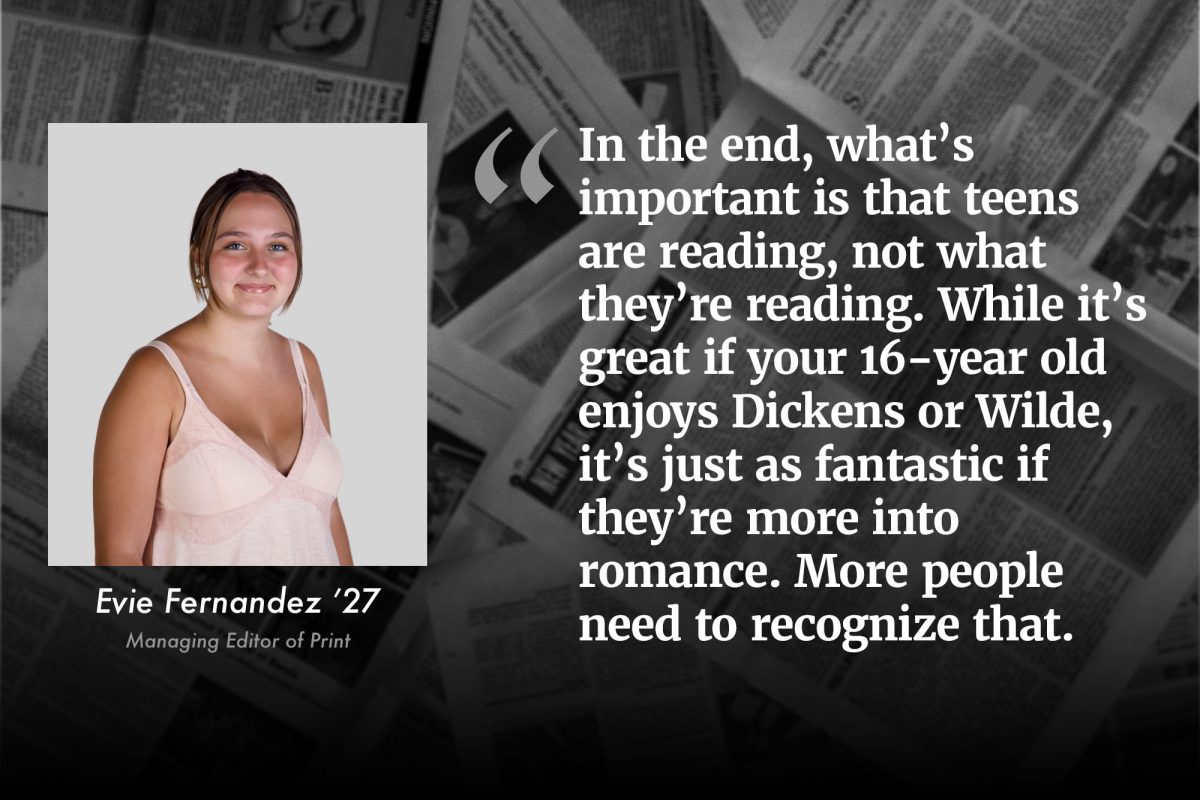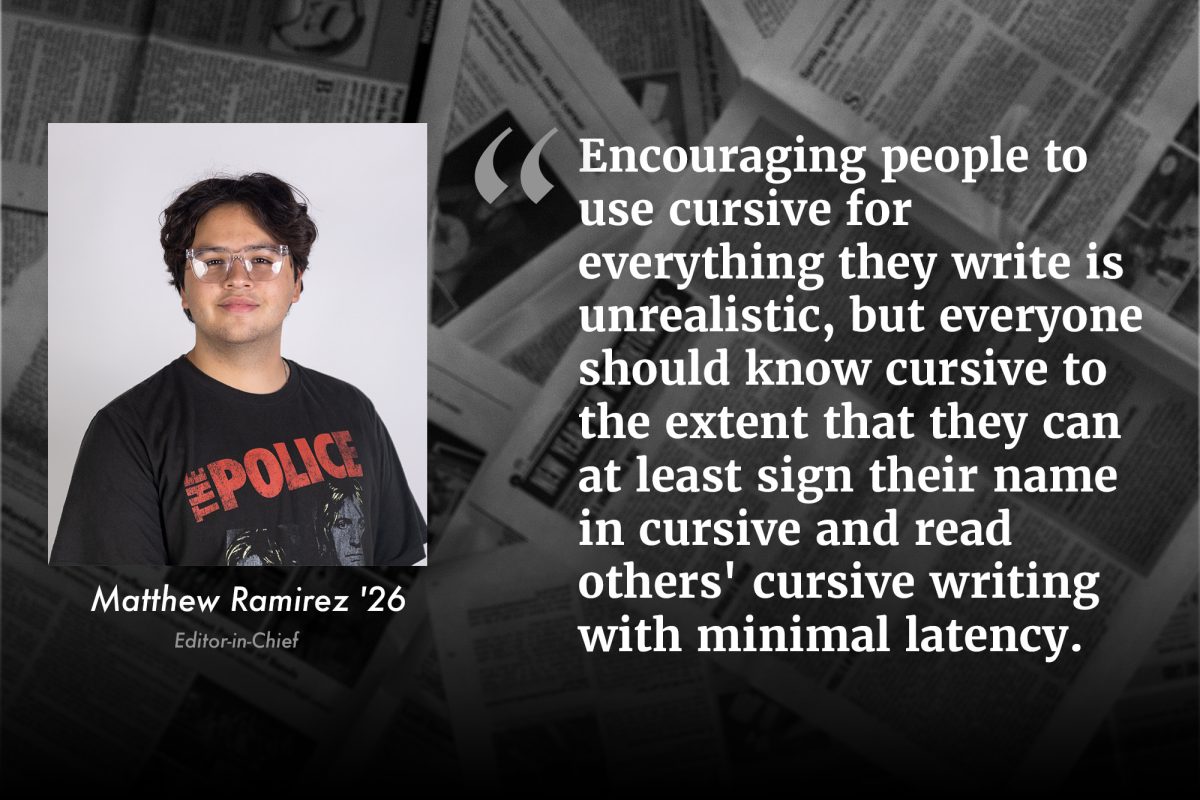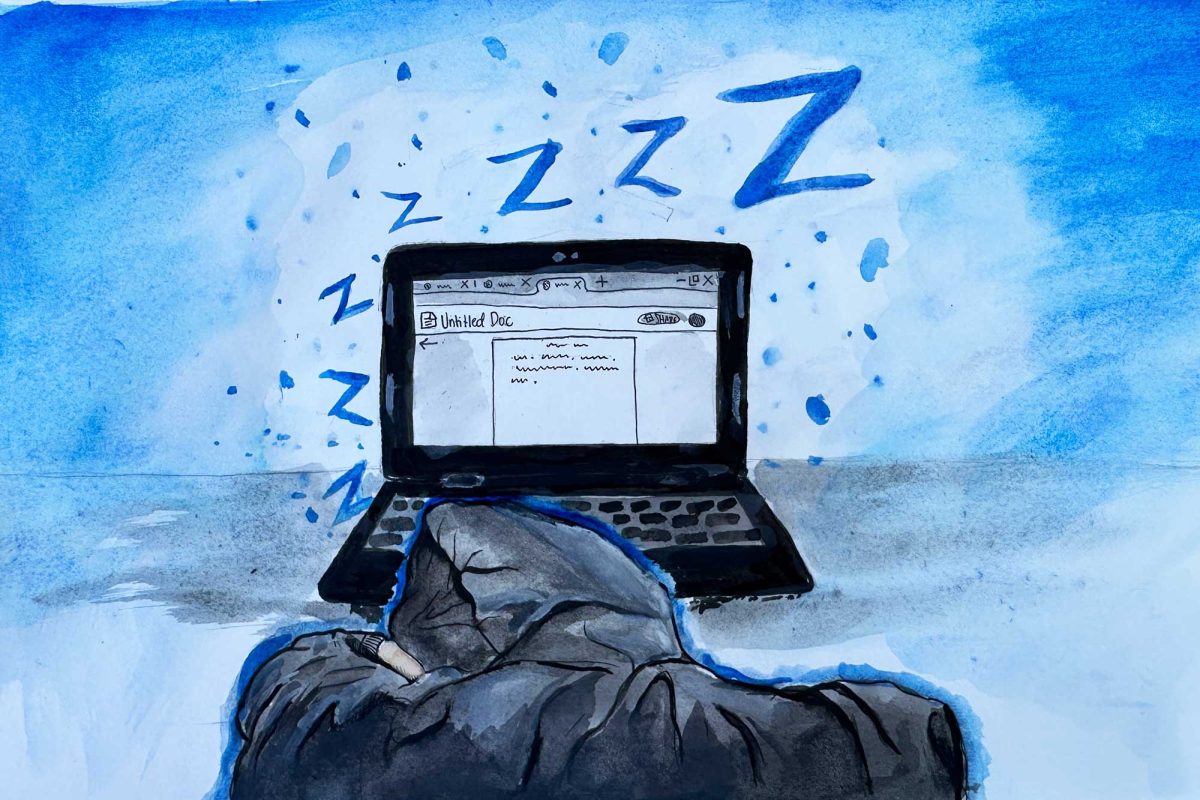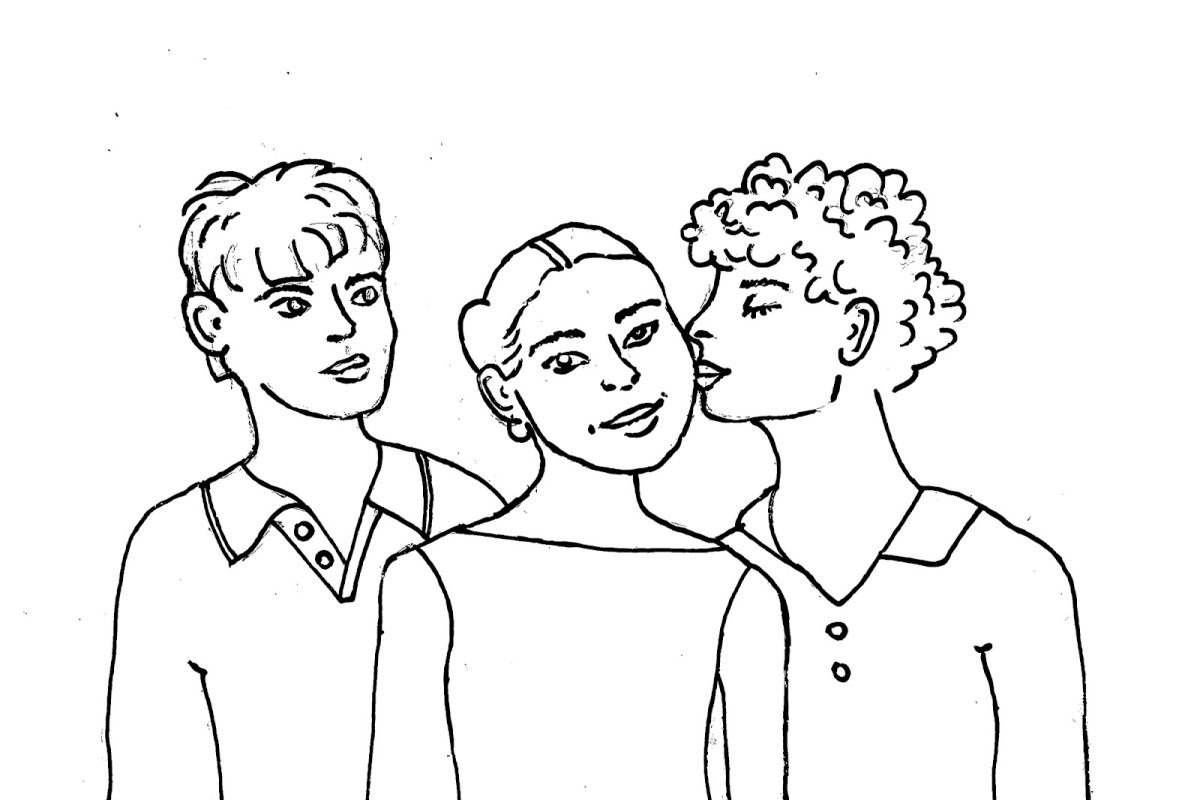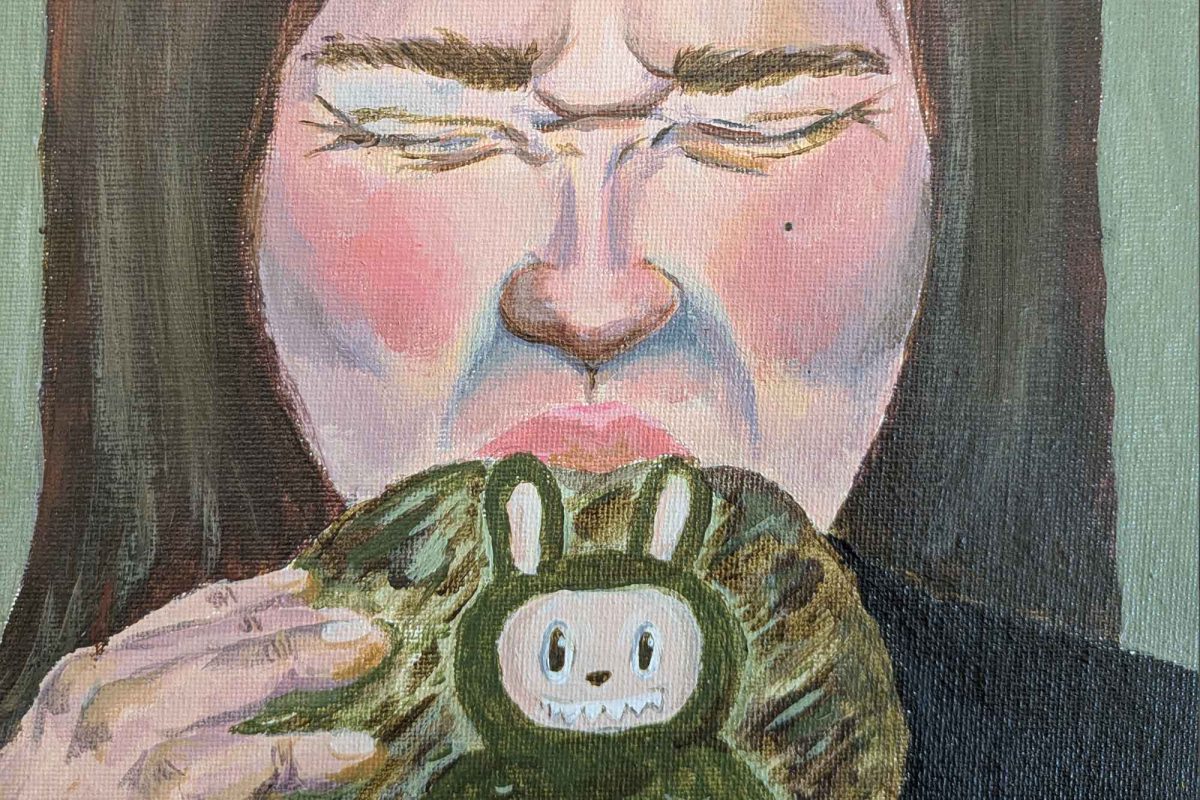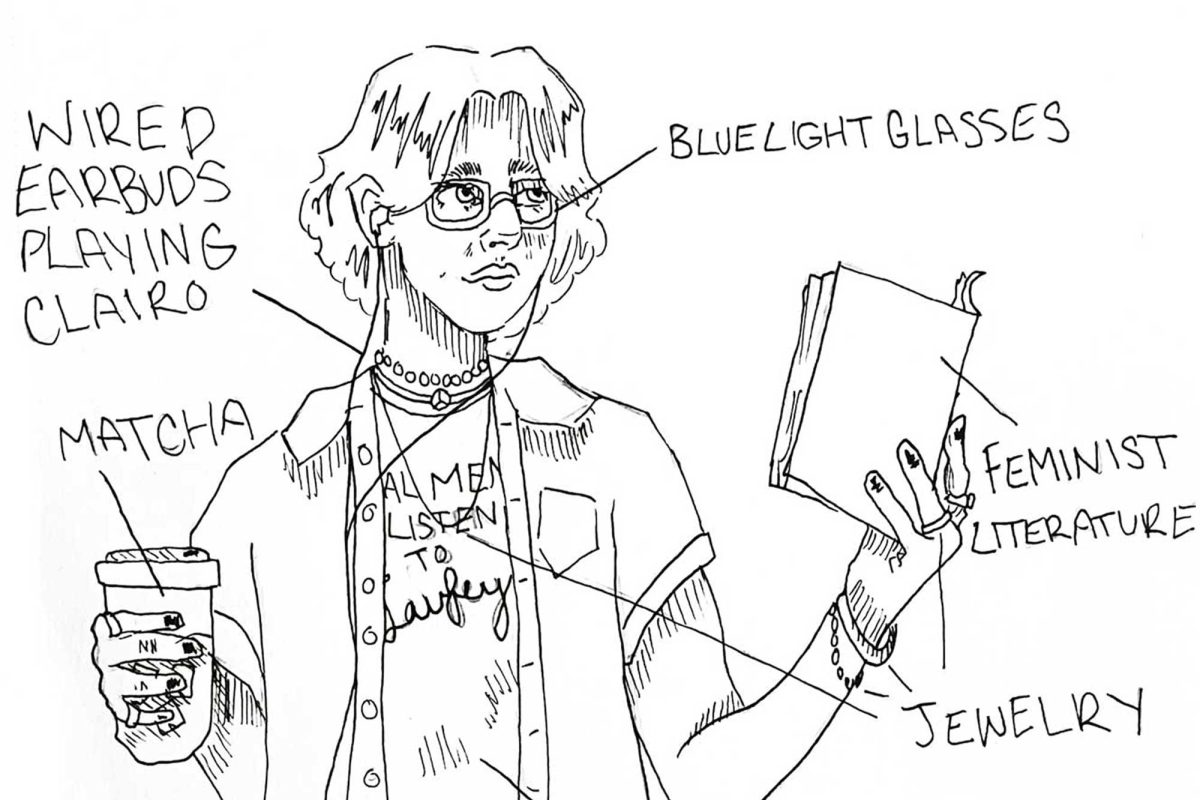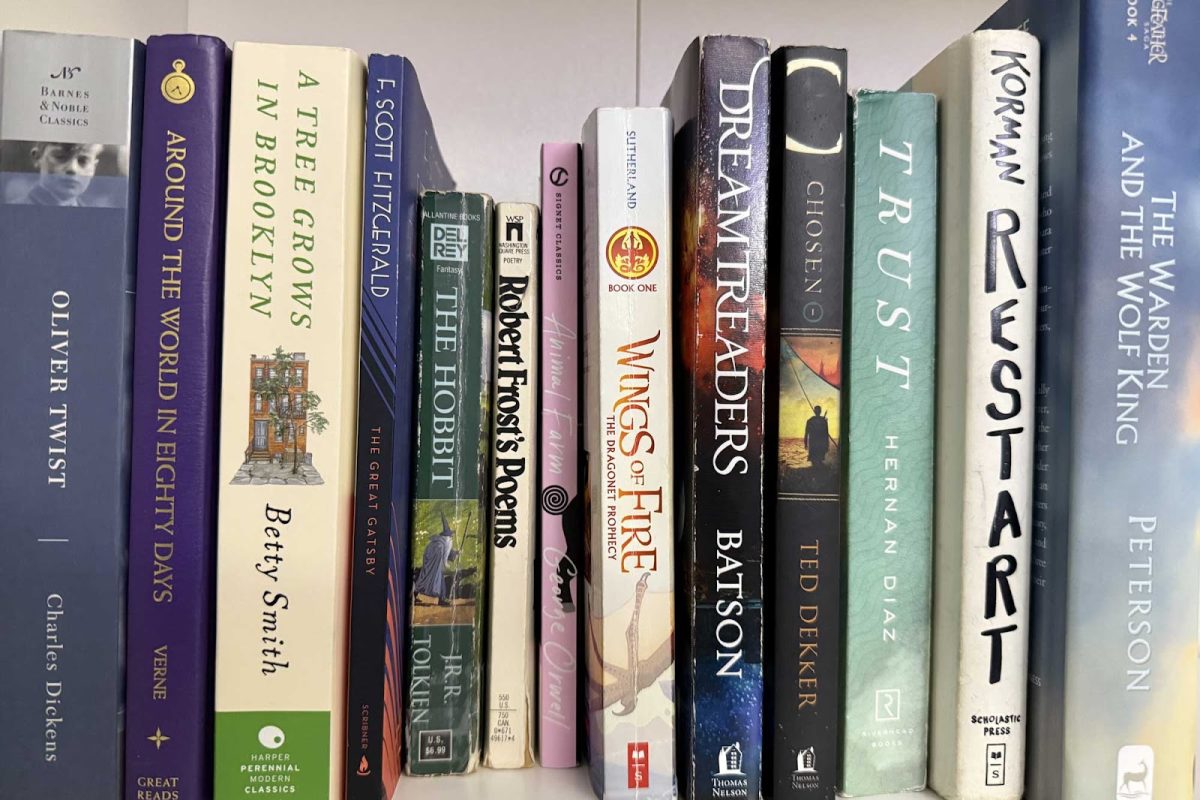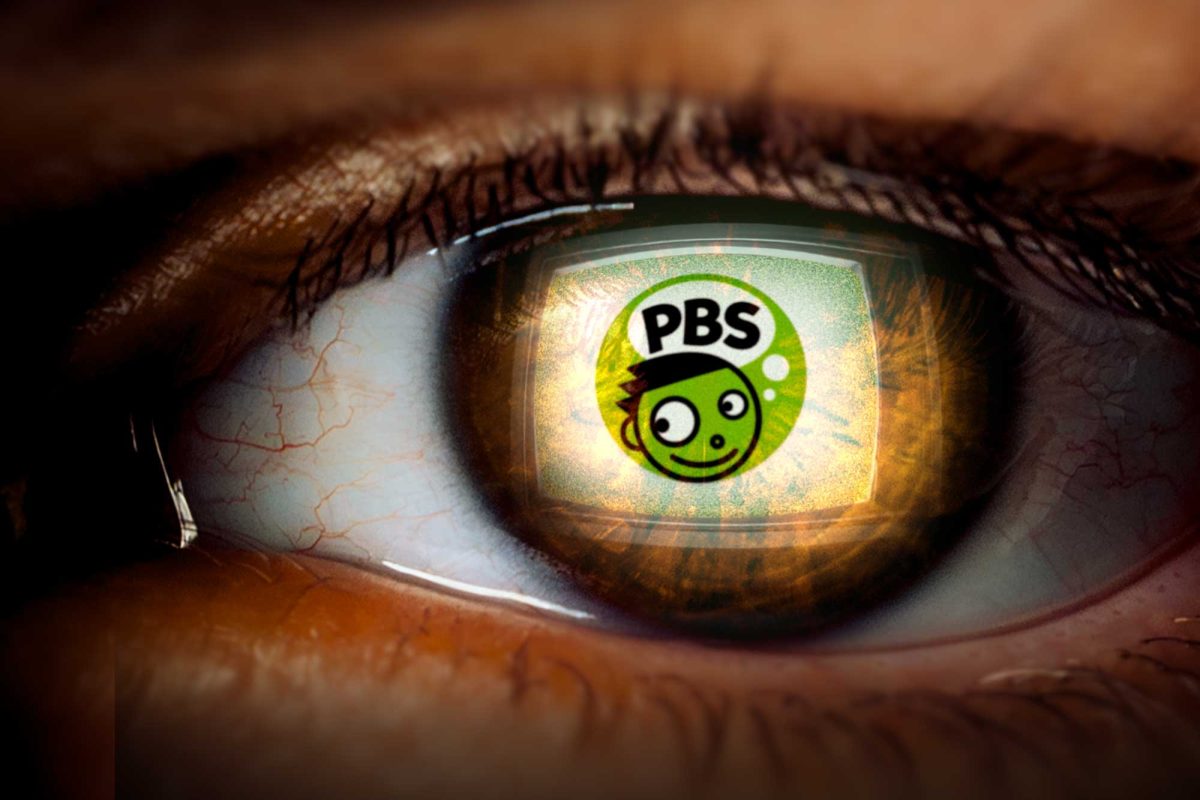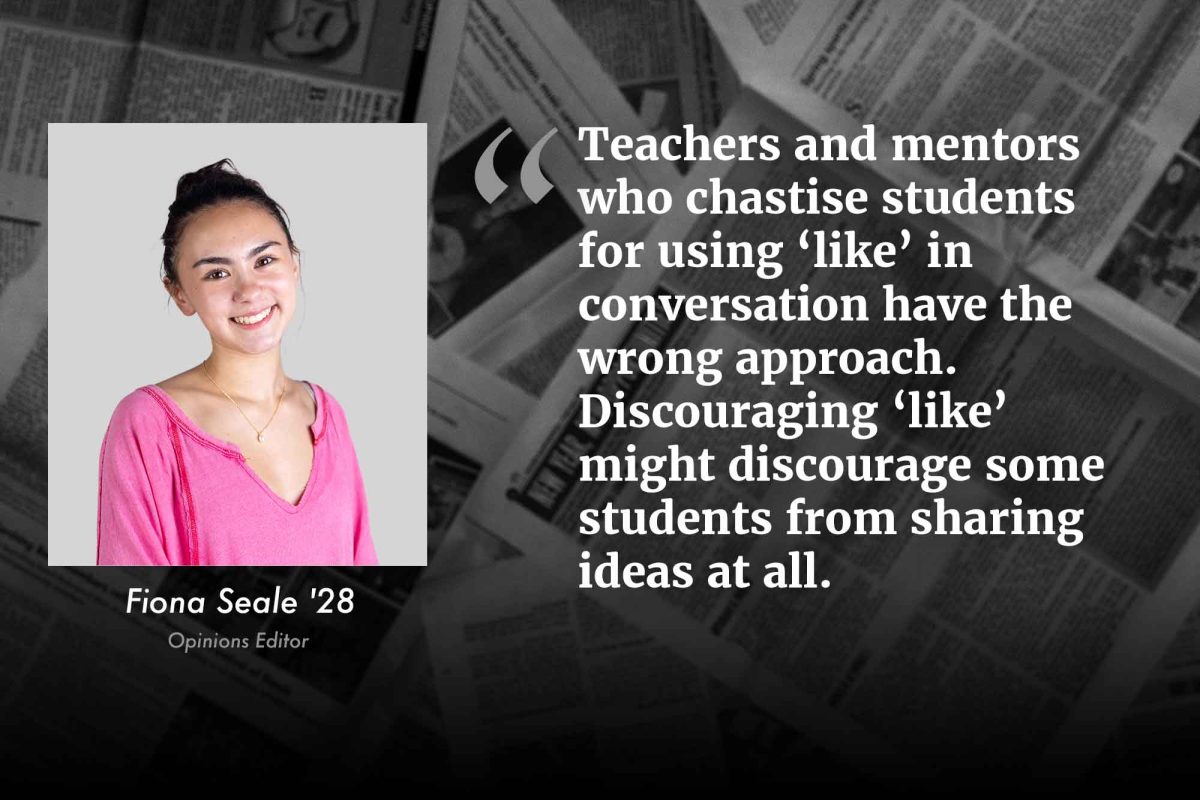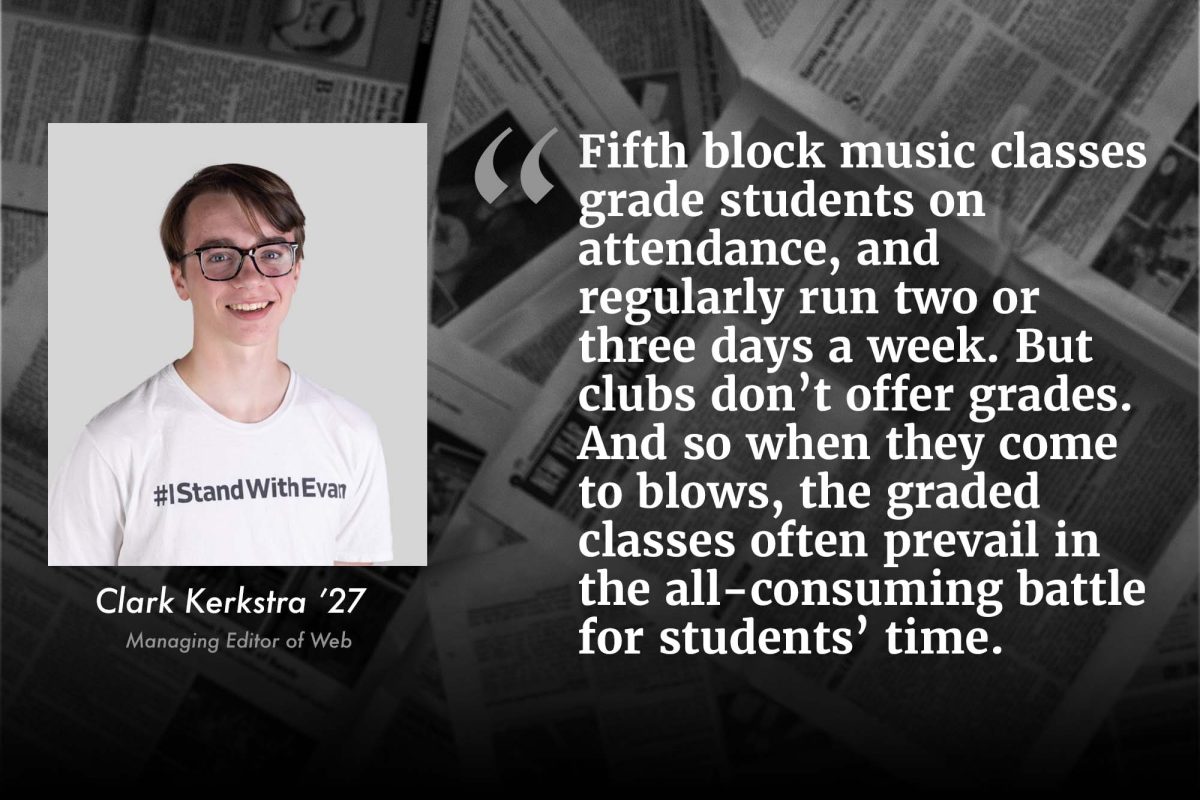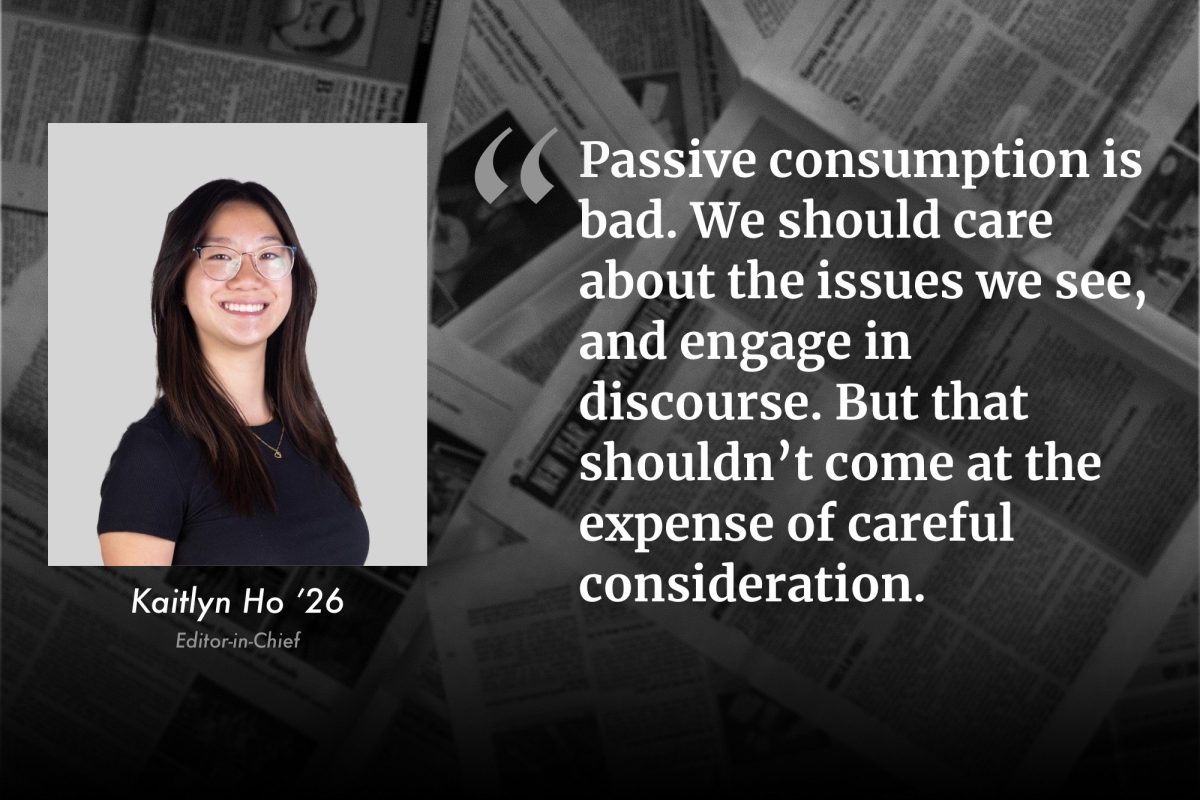54% of people between the ages of 16 and 74 in the US read at or below a sixth grade level.
In an era in which our literacy levels are so low, people should not be discouraging teens from reading, no matter what it is they’re interested in. Not only does reading help establish better reading, writing, and vocabulary, it’s been proven to improve memory, concentration, and help manage stress.
Overall, book sales have been declining, and paper bookstores are slowly being overtaken by ebook sellers. The one genre that’s persisted, even managing to consistently continue selling more books than the year before? Romance. Nowhere in any of the articles that I’ve read does it say that reading romance helps any of these things less than classics, and yet romance novels have constantly been deemed as ‘less than’ in terms of quality reading.
Romance novels have consistently become the genre with the most best sellers every year, and the romance genre as a whole makes more than a billion dollars a year. People from all over the world read romance; it’s an extremely widespread genre, and people from all different walks of life write romance too.
Teens shouldn’t be ashamed of the fact that they read romance novels instead of something viewed as more ‘respectable.’ The shaming also speaks to a level of sexism in the literary world, in which romance is thought of as a ‘women’s genre’ and therefore less valuable.
Some critics have dismissed romance as a sexist genre that requires a male hero to come and rescue a ravishing damsel in distress. This stereotype dismisses the many other types of modern romance novels, like stories about LGBTQIA+ people, disabled people, and many other approaches to love.
The idea of shaming people for reading romance novels also loops back into the enduring purity culture in America, in which anything known to be discussing sex in a positive way — especially for women — is considered taboo.
Romance is an interdisciplinary genre — romance novels can tackle issues of identity, mental health, social issues, and topics such as consent, just as well as fantasy or realistic fiction. Romance is one genre where authors are able to tackle those topics without necessarily making them the focus of the book. It’s a shame that they’ve been reduced to such a trivial, tropey viewpoint.
In the end, what’s important is that teens are reading, not what they’re reading. While it’s great if your 16-year old enjoys Dickens or Wilde, it’s just as fantastic if they’re more into romance. More people need to recognize that.



